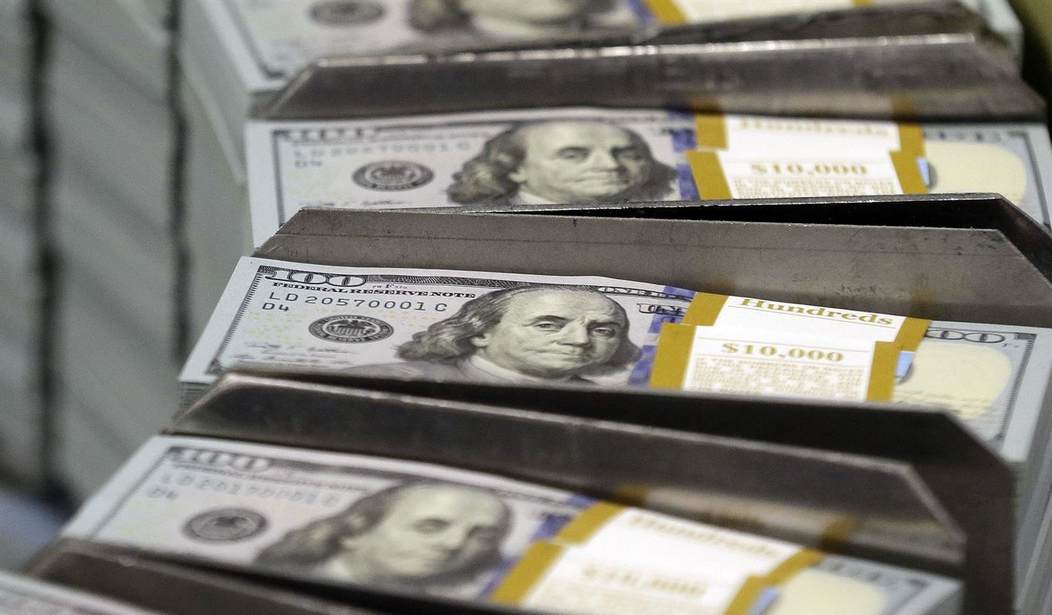The Employee Retention Credit was supposed to keep people employed at businesses during the height of the pandemic.
"The employee retention tax credit (ERTC), also known as the employee retention credit (ERC), is a refundable credit available to eligible businesses that paid qualified wages after March 12, 2020, through the end of the program to keep their staffs employed during the height of the COVID-19 pandemic," according to the Paychex Work blog,
But very early on in the life of the program, scammers saw the vulnerabilities and began to game the system to score some easy money.
In March 2023, the IRS warned of "blatant attempts by promoters to con ineligible people to claim the credit." The agency stopped processing claims in September of that year after evidence that vast numbers of claims were fraudulent became obvious.
In March 2024, the agency said its "Voluntary Disclosure Program had recovered $1 billion (since raised to over $2 billion) in improper payouts from participants who got to keep 20 percent of the take," according to J.D. Tucille at Reason.com.
"In addition to this highest risk group, the IRS analysis also estimates between 60% and 70% of the claims show an unacceptable level of risk."
By the end of May, the IRS "has initiated 450 criminal cases, with potentially fraudulent claims worth nearly $7 billion."
Not bad, but literally a drop in the bucket of fraud. The real grifting happened in the unemployment compensation programs, the Small Business Administration's Economic Injury Disaster Loan (EIDL) program, and the Paycheck Protection Program (PPP).
"The total amount of fraud across all UI [unemployment insurance] programs (including the new emergency programs) during the COVID-19 pandemic was likely between $100 billion and $135 billion—or 11% to 15% of the total UI benefits paid out during the pandemic," the Government Accountability Office warned last September.
Earlier, the Small Business Administration's Inspector General found more than $200 billion stolen from the Economic Injury Disaster Loan (EIDL) program and Paycheck Protection Program (PPP). "This means at least 17 percent of all COVID-19 EIDL and PPP funds were disbursed to potentially fraudulent actors," noted the report.
With between 70 percent and 90 percent of claims for the Employee Retention Credit identified as likely scams, either the IRS is a stand-out magnet for grifters or other agencies need to return to their own investigations with a somewhat more skeptical eye.
It's not just the fraud, of course. The damage of these pandemic-era payments to businesses and individuals is almost incalculable.
"U.S. fiscal stimulus during the pandemic contributed to an increase in inflation of about 2.6 percentage points in the U.S.," three economists with the Federal Reserve Bank of St. Louis estimated last year. Why? Governments "injected large amounts of money into the economy." That money was created out of thin air. It bore no relationship to any goods and services that undergird sound fiscal policy.
"Inflation comes when aggregate demand exceeds aggregate supply," agreed economist John Cochrane of the Hoover Institution and the Cato Institute. Cochrane wrote in a March piece for the International Monetary Fund, "The source of demand is not hard to find: in response to the pandemic's dislocations, the US government sent about $5 trillion in checks to people and businesses, $3 trillion of it newly printed money, with no plans for repayment."
The Pandemic Response Accountability Committee (PRAC) is supposed to keep track of all the fraud but, not surprisingly, it's hard to get a total amount of money stolen from taxpayers during the pandemic. As a percentage of the total amount appropriated for pandemic relief, the GAO estimates about 10% of the $5 trillion was fraudulently sent.
No one has lost their jobs. No one has gone to jail in the government for being criminally negligent in handing out money to people who didn't deserve it.
I would rather the government hold a gigantic party on the Mall and light up $500 billion in a huge bonfire. Get some good music and free beer.
That might have been worth wasting half a trillion dollars.










